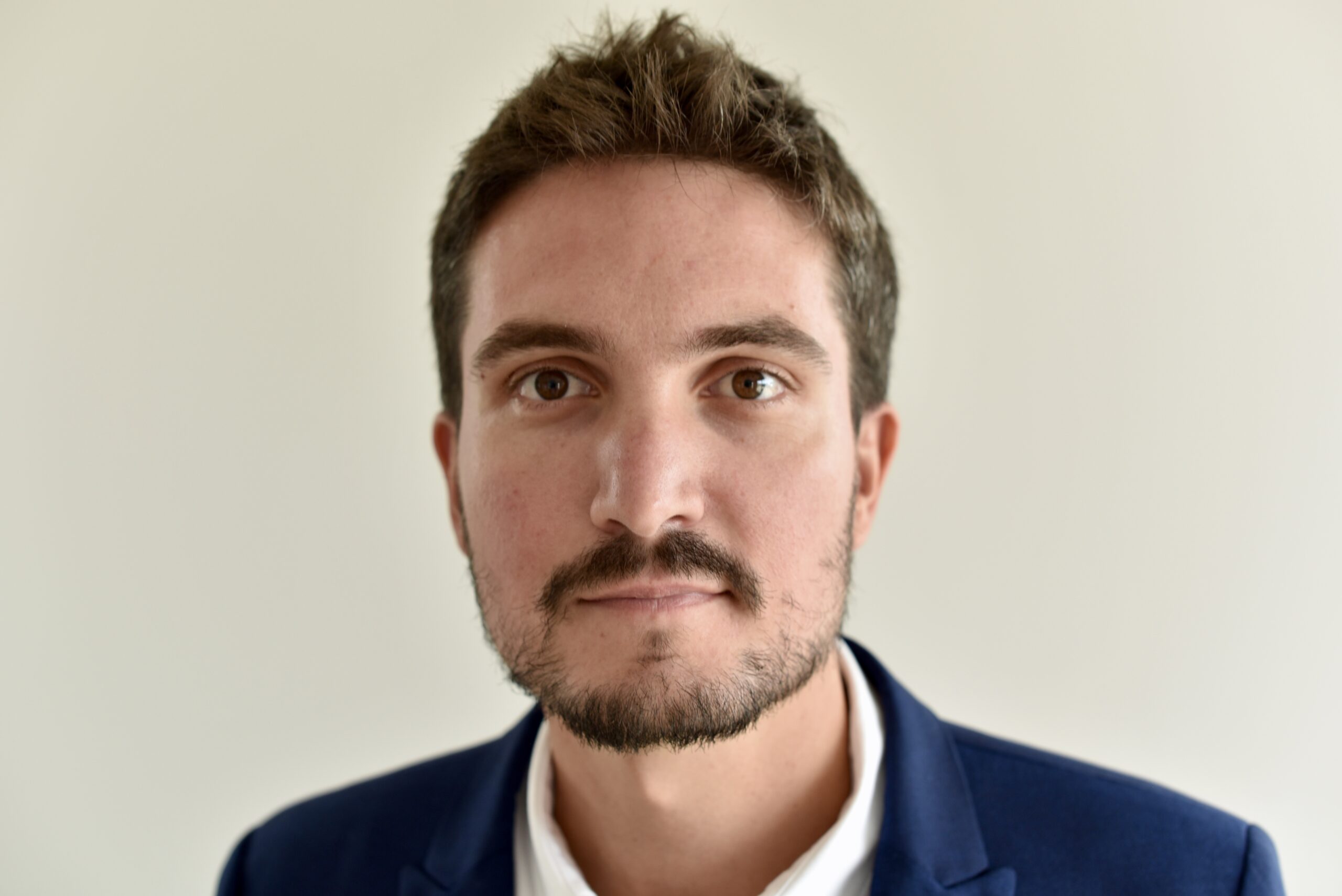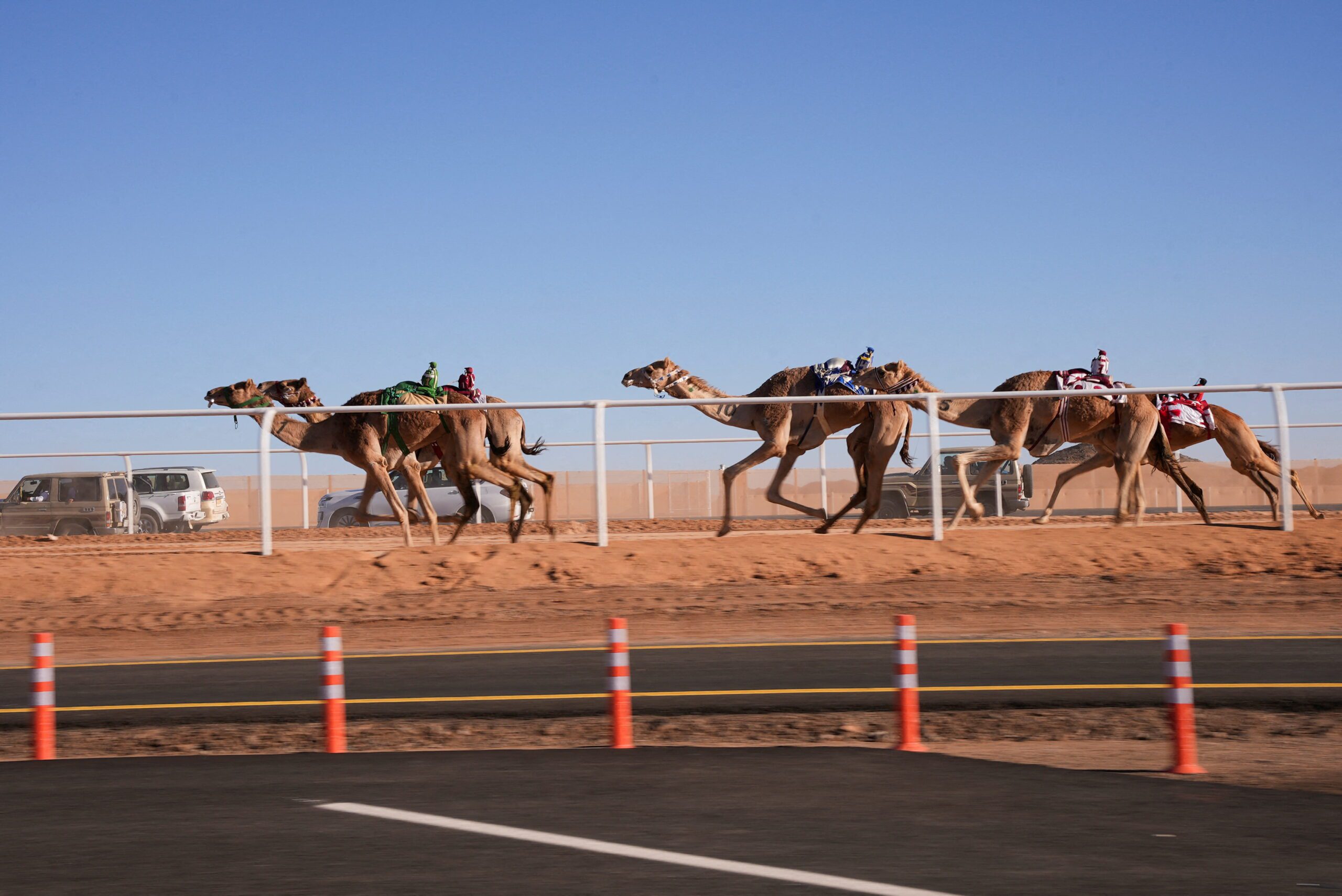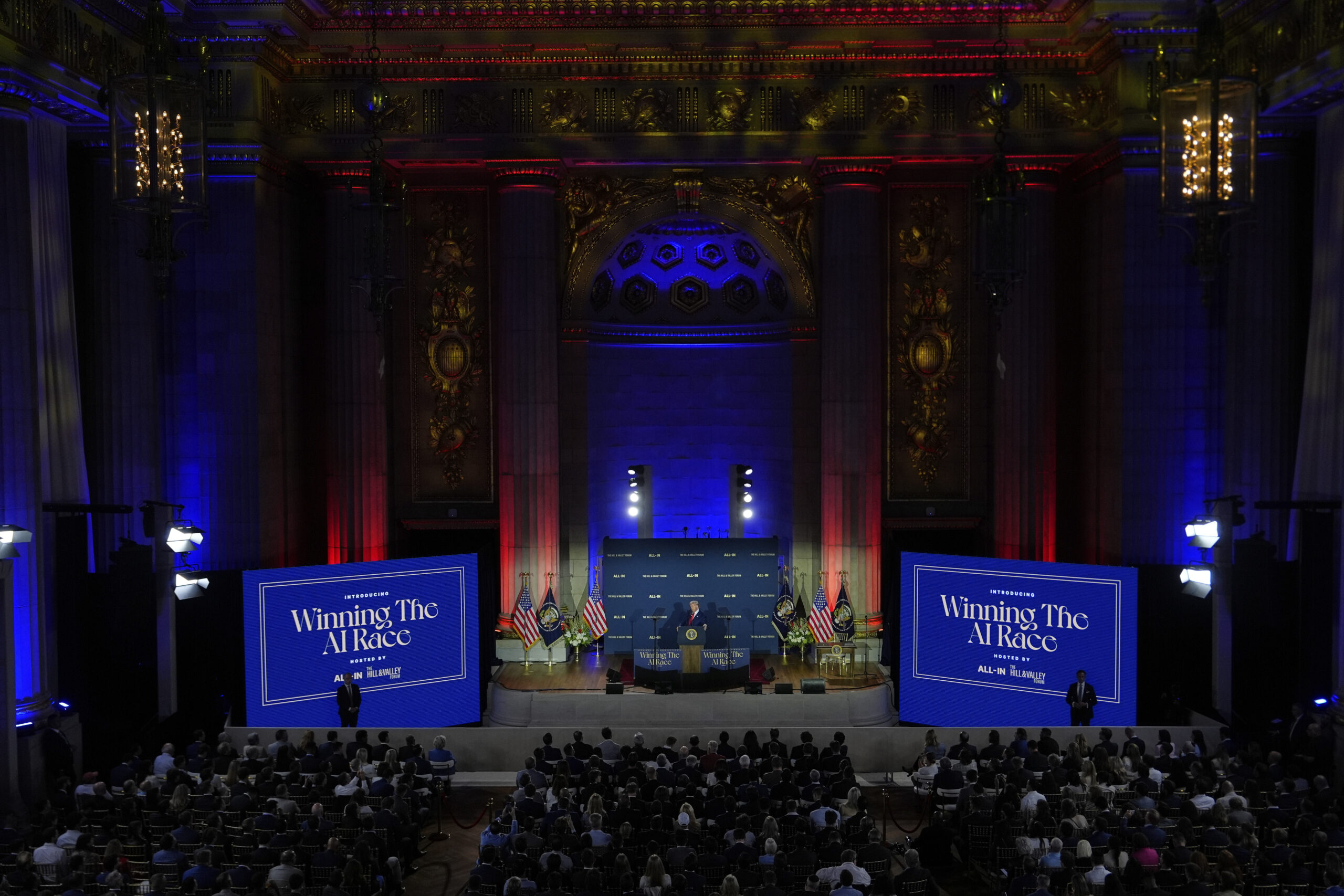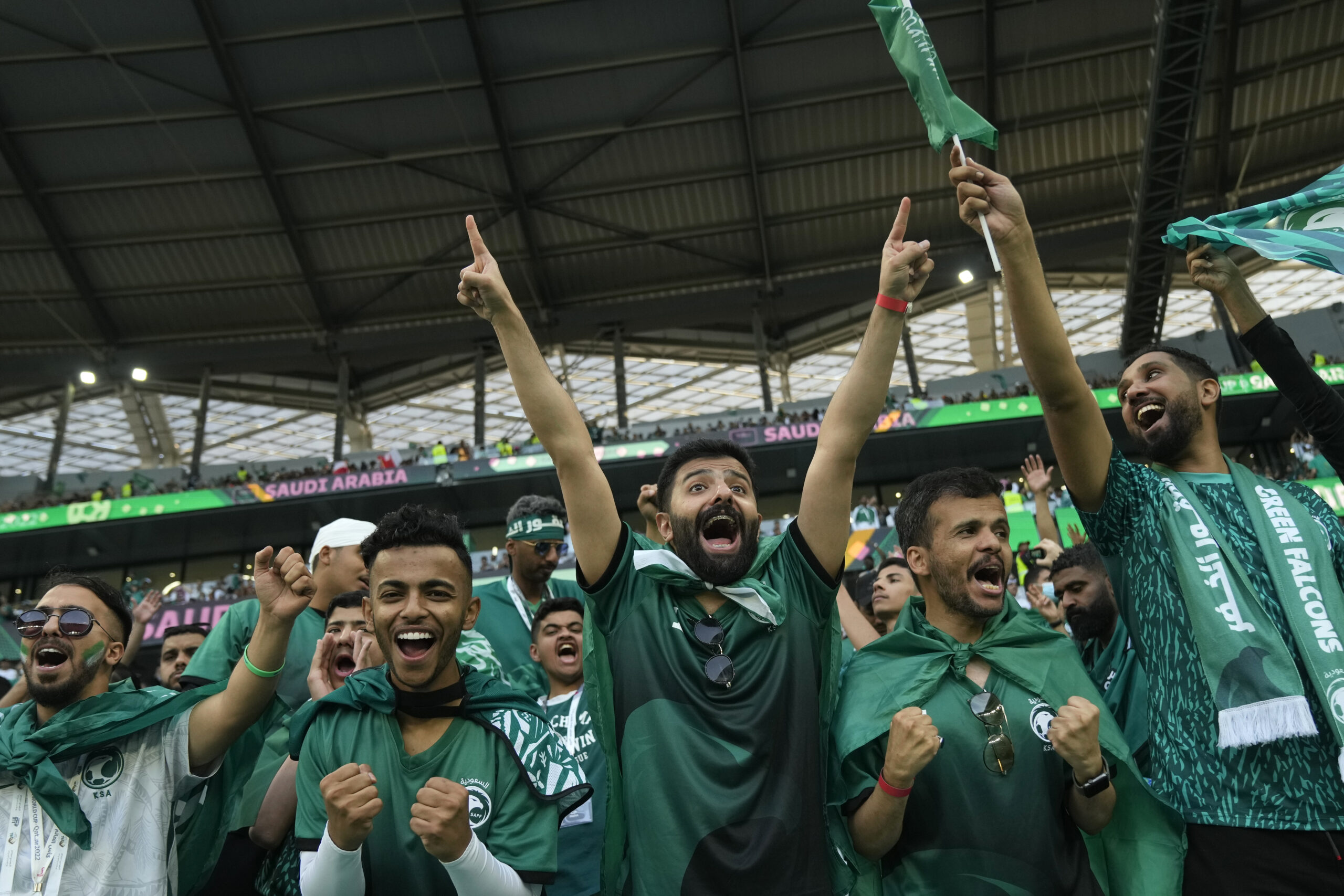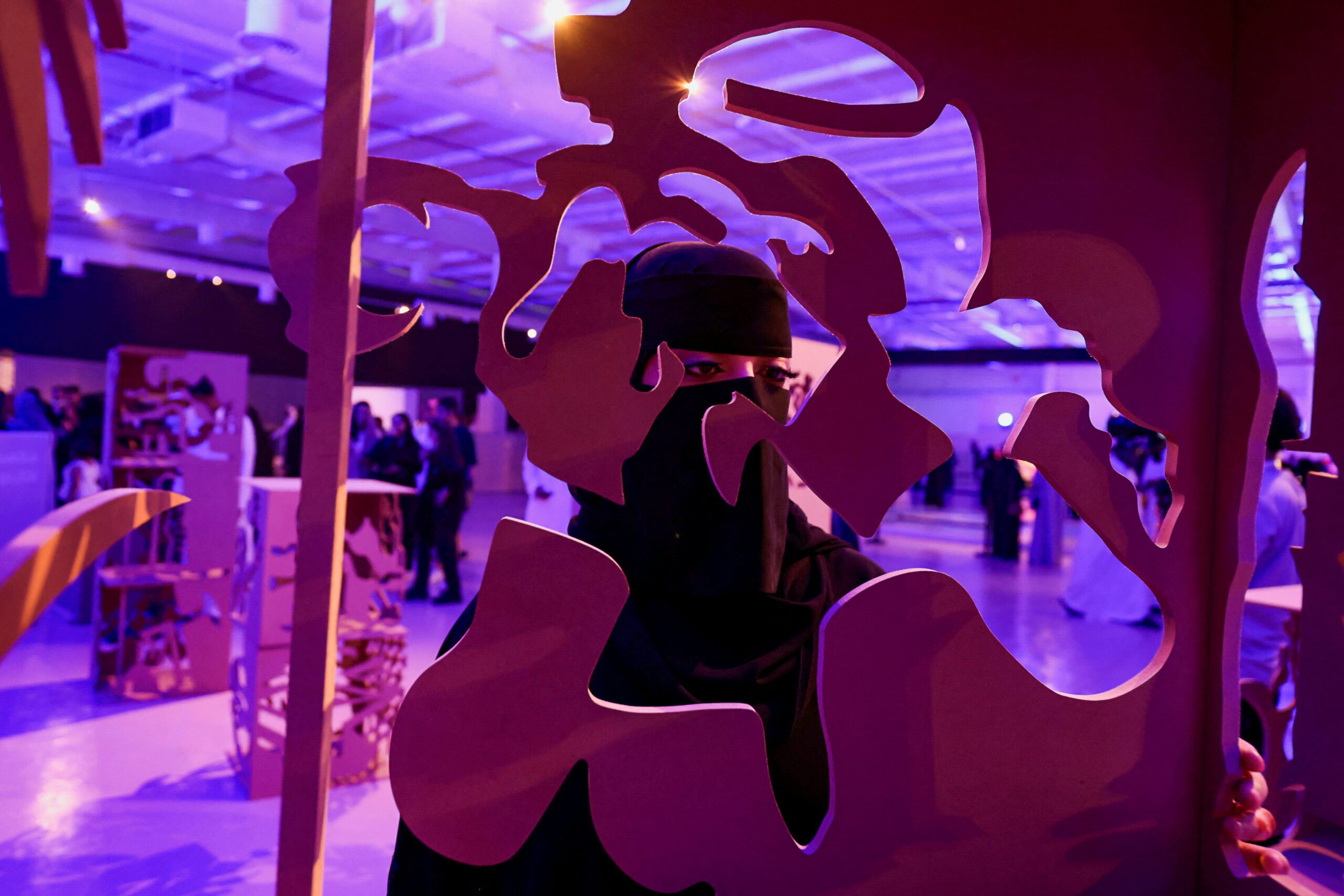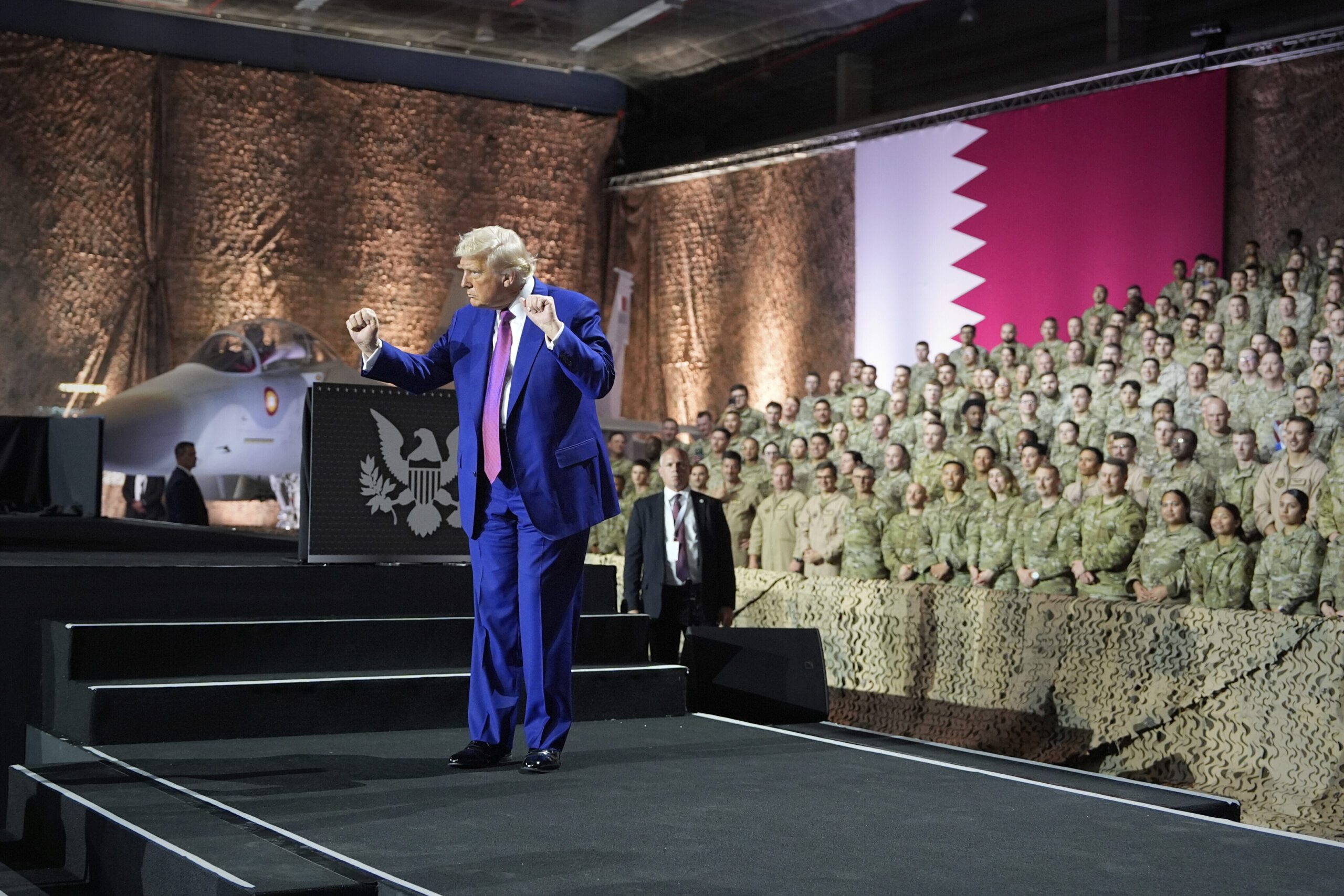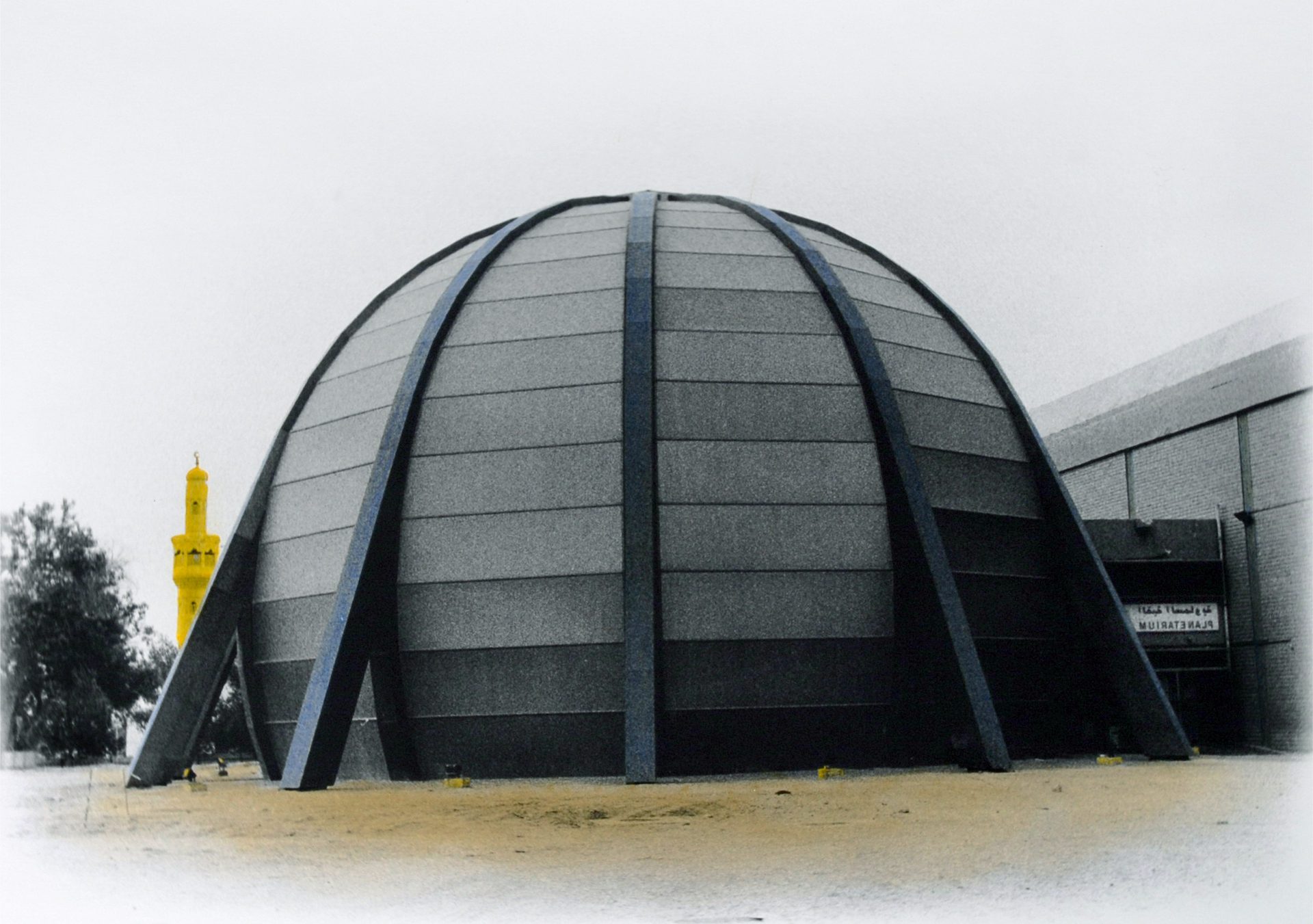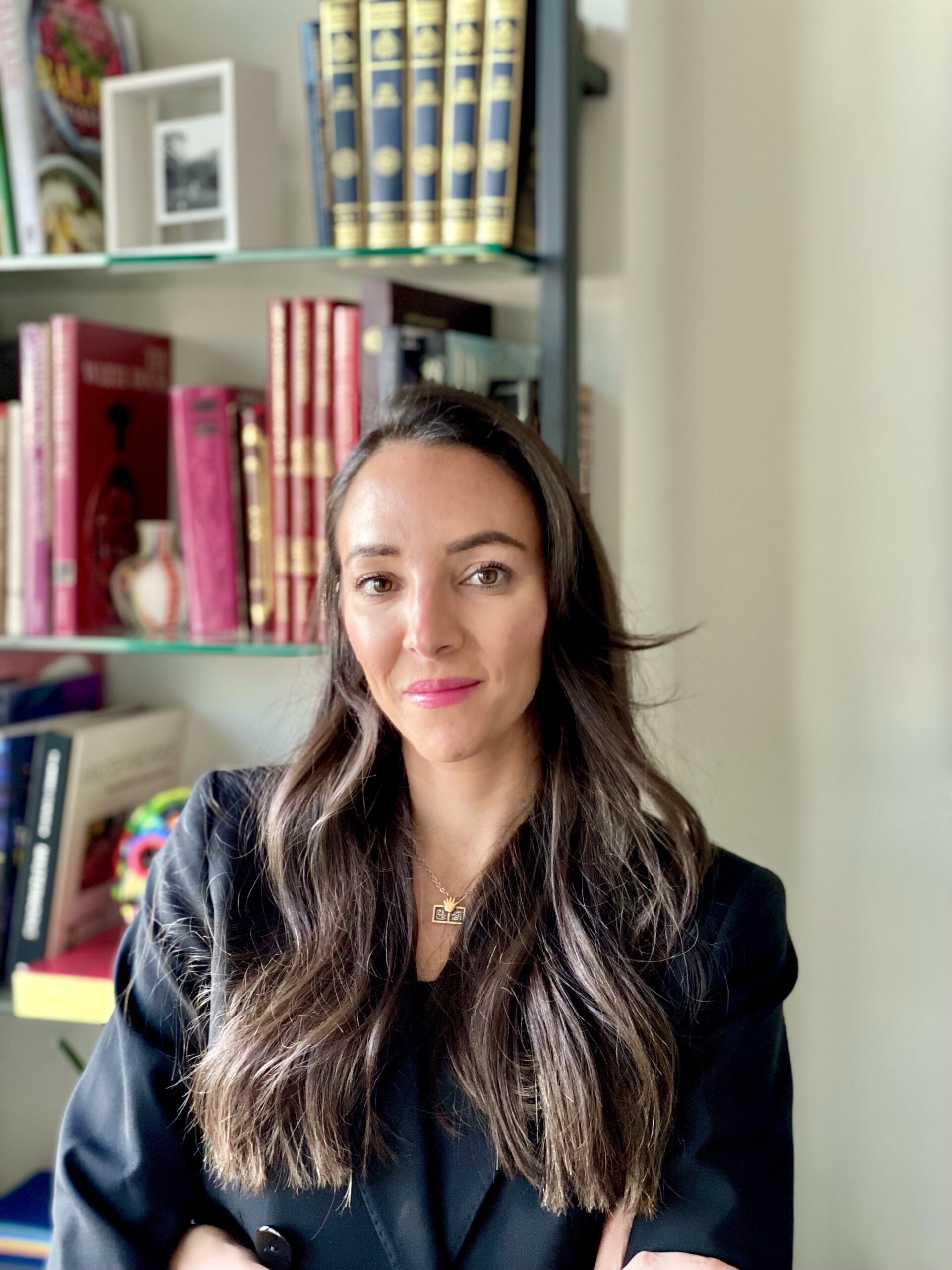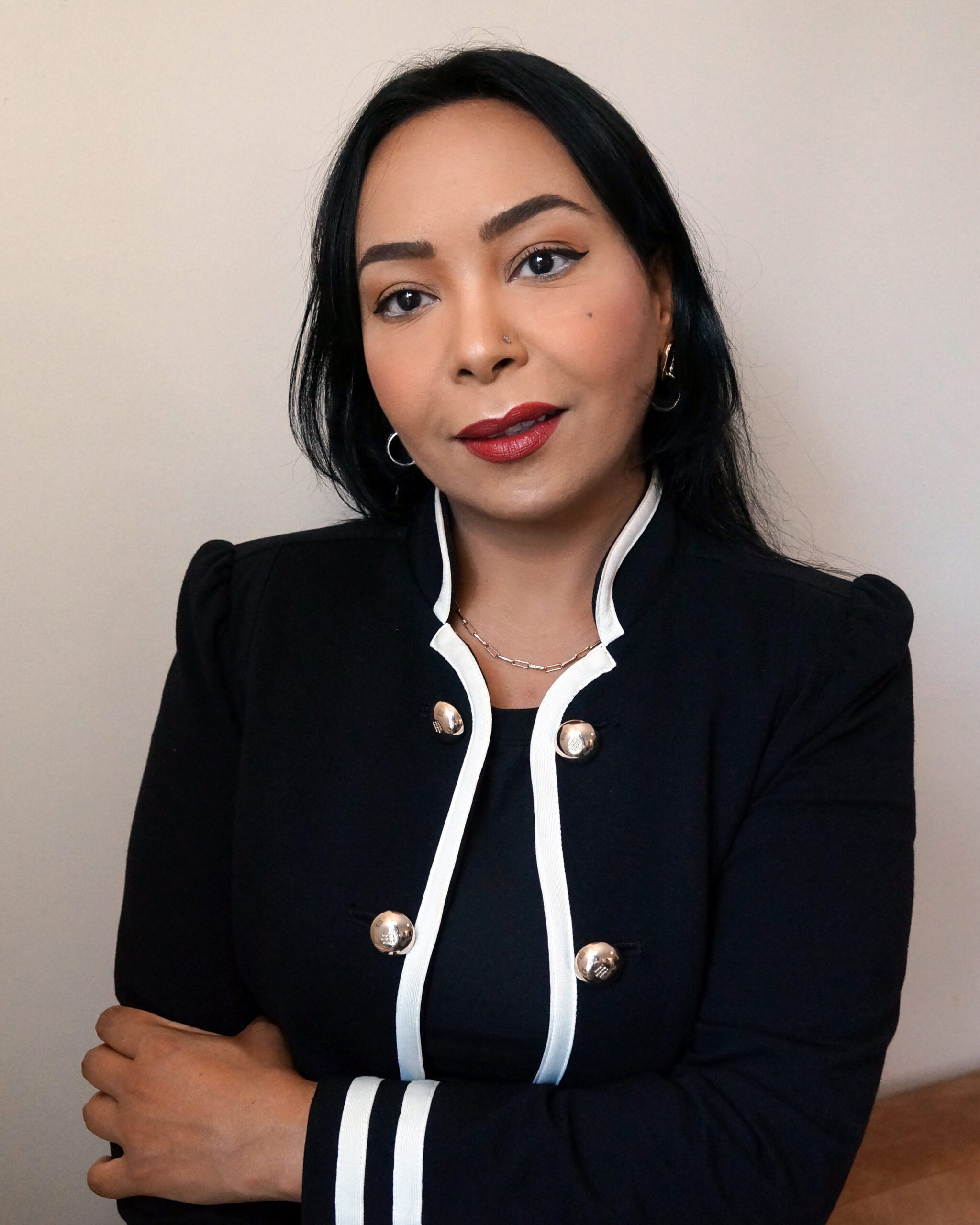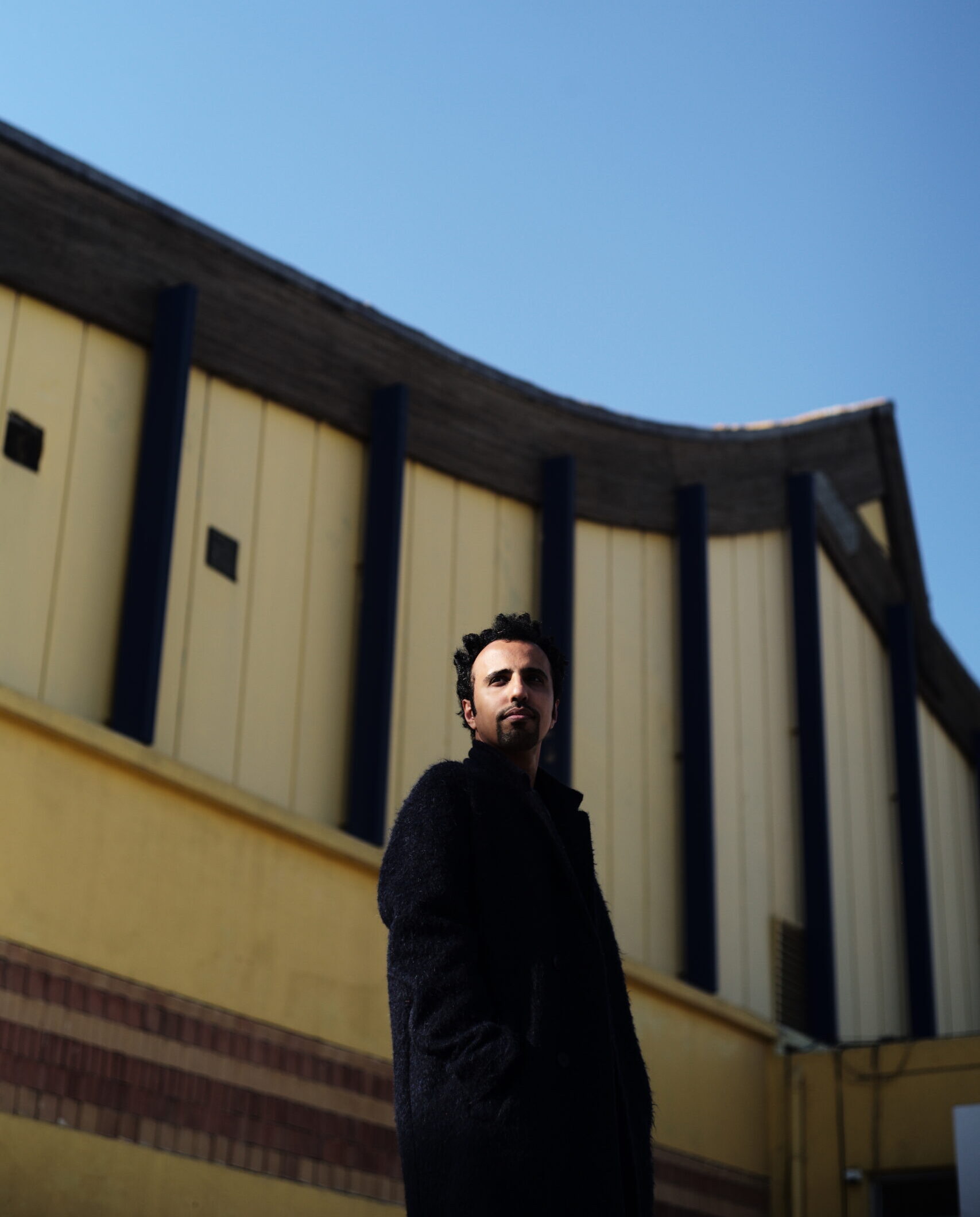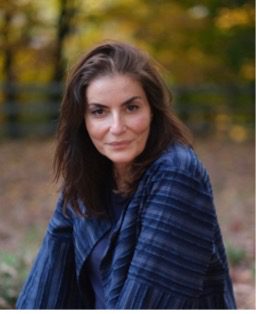Saudi Nationalism Raises Hopes of Greater Shia Inclusion
The April 15 Arab League meeting in Dhahran, Saudi Arabia earned the name “the Jerusalem summit” due to the strong support Saudi King Salman bin Abdulaziz and assembled Arab delegates declared for the Palestinian capital. But in Saudi Arabia’s Eastern Province, attention was drawn to an official reception hosted by King Salman for a group...
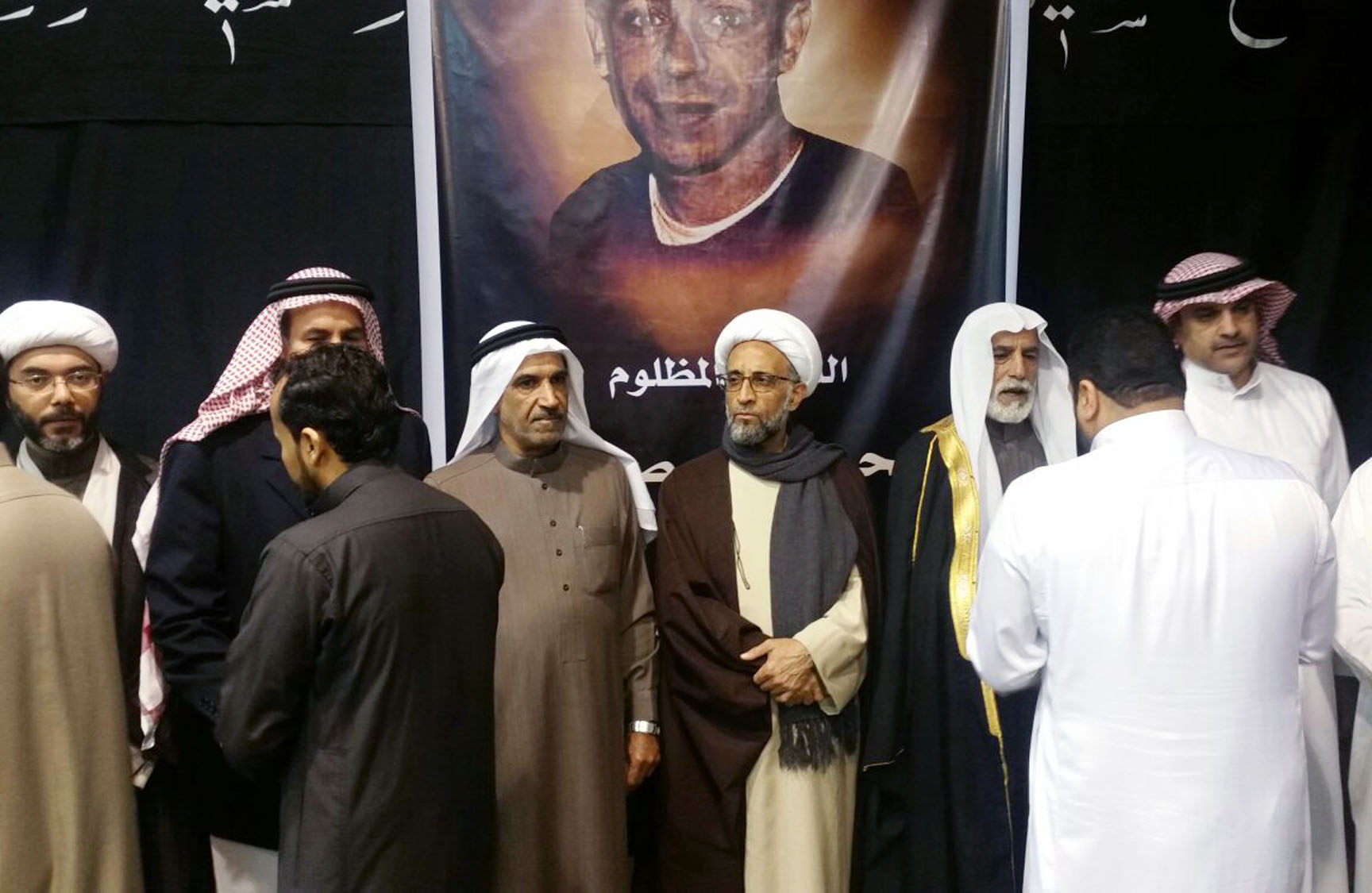
The April 15 Arab League meeting in Dhahran, Saudi Arabia earned the name “the Jerusalem summit” due to the strong support Saudi King Salman bin Abdulaziz and assembled Arab delegates declared for the Palestinian capital. But in Saudi Arabia’s Eastern Province, attention was drawn to an official reception hosted by King Salman for a group of local notables. Saudi newspapers published – and Shia chatrooms and WhatsApp groups circulated – pictures of King Salman smiling and shaking hands with a number of Shia clerics and businessmen, prominent among them leading Shia opposition cleric Hassan al-Saffar. It was the first public meeting of the two men since the freeze in relations with the Shia Islamic reform movement during the height of Arab Spring protests.
It is not the first sign of a thaw. At the same time the Saudi leadership has executed a crackdown on Sunni Islamists it has extended outreach to Shia opinion makers, community leaders, and clerics. And while the escalation with Iran continues unabated, a new state-centered foreign policy has opened up space for engagement with the Shia-led Iraqi government. Both mark a turn away from the years of pervasive anti-Shia sentiment in both domestic and regional politics and toward a more assertive nationalism. Will this ultimately provide a more hospitable political climate for Saudi Arabia’s Shia minority, which has long suffered from cultural, economic, and political marginalization within the kingdom?
Sahwa Fall, Shia Rise?
There is no question that the Shias are a disadvantaged minority in Saudi Arabia: culturally targeted by a religious orthodoxy that has disparaged them as deviant and politically marginalized by a state that has favored both the Sunni religious establishment and a Najdi tribal elite. Since 2011, their position has been even more precarious, as sectarian rhetoric escalated in response to the protests by Saudi Shias in the Eastern Province, the Syrian war, and the mounting geopolitical competition between Saudi Arabia and Iran.
Yet there are indications of a shift in political tone since at least 2014. The emergence of the Islamic State in Iraq and the Levant prompted fears that the permissive sectarian environment was abetting the penetration of jihadist groups into Saudi society. This forced a recalibration of state strategies and discourse, especially after a wave of ISIL terrorist attacks on Shia mosques and Saudi security forces. Meanwhile, anxiety about the regional political potency of the Muslim Brotherhood led to its inclusion on a Saudi terror list in 2014. The crackdown on the Brotherhood and other Sunni Islamist networks has accelerated under King Salman. Crown Prince Mohammed bin Salman (MbS) has mounted a public political reckoning with Saudi Arabia’s once dominant Sahwa (awakening) culture and politics, including the arrest of prominent Sunni clerics and intellectuals in 2017. When combined with the sharp reduction in the enforcement authority of the Saudi religious establishment, this amounts to a momentous, if incomplete, shift away from the Sunni orthodoxy informing the exclusion of Shias.
In the past few months, the public rejection of the Sahwa by Saudi leadership has been accompanied by signs of an incipient opening to Shia communities. In an interview during his recent U.S. tour, MbS feigned ignorance of Wahhabism, instead describing Saudi Arabia as a country of Sunnis and Shias. The prominent Saudi Shia intellectual Tawfiq al-Saif celebrated this as recognition that the “Saudi national identity is the umbrella of all Saudis, and that their differences in doctrine fall within the diversity that enriches the country’s culture and life.”
Beyond this public diplomacy, there is evidence that a new environment for engagement is being sowed at home. This is being built in no small part on the utter defeat of the rebellious and militant holdouts of the Shia protest movement in the Eastern Province town of Awamiyah, a defeat that included both the execution in January 2016 of Awamiyah’s most famous cleric, Nimr al-Nimr, and the destruction of a large part of the town. While arrests continue, sometimes resulting in the deaths of suspects as well as security forces, the Saudi government has begun projecting a more positive vision. The inauguration of plans for rebuilding the once blockaded town, complete with a tourist center, was attended by the governor of the Eastern Province, Saud bin Nayef, a very rare visit for such a senior official. Meanwhile, a former member of the Qatif municipal council from Awamiyah, Nabih al-Ibrahim, was appointed to the Shura Council in February. Another Shia from the Eastern Province, Kawthar al-Arbash, whose son was killed stopping a suicide bomber at a Shia mosque, was appointed to the Shura Council in December 2016.
The meeting between King Salman and Saffar, as well as Sayyid Ali Naser, a Saudi Shia representative of Najaf’s Grand Ayatollah Ali al-Sistani, came within this context of outreach to the Shia community. Many Saudis speak anecdotally about an increase in Shia personalities on television and more articles and op-eds about Shia inclusion in the newspapers. One recent op-ed by the analyst Hassan al-Mustafa extolled government action against “extremist fundamentalist rhetoric” that removes “a heavy burden off of their [Shia citizens’] shoulders.” Beyond the anecdotal, the King Abdulaziz Center for National Dialogue has inaugurated Naseej (woven fabric) a program under the supervision of the Eastern Province governor to promote communal coexistence and enhance national cohesion.
There is no denying that these changes take place within the regional context of greater escalation with Iran, as well as a drumbeat of condemnation against “Iranian-backed Shia militias.” Thus, simultaneous with these openings exists a general atmosphere of robust security, including ongoing arrests in the Eastern Province, as well as checkpoints and a heavy security presence in Awamiyah. There are signs of a more nuanced approach to regional politics in the warming relations between Saudi Arabia and the Iraqi government. This includes the reported opening of a northern border crossing with Iraq and the resumption of direct flights between the two countries after a hiatus of more than 25 years. Saudi Shias in Qatif were watching with particular interest reports in March that MbS would visit Najaf and even open a consulate there, but plans for the crown prince to visit Iraq were later denied by the Saudi government.
Saudi Shias Assess their Options
It is not surprising that in such a fraught regional political environment, Shias within Saudi Arabia would pin their hopes on this nationalist moment. Yet there is no consensus within the Saudi Shia community about the potential for these changes to improve their economic and political situation. During a recent visit to Riyadh and Qatif, discussions with Shia intellectuals and rights activists revealed widely different views on MbS’ vision and the proper strategy toward it. One columnist called for an enthusiastic embrace of the new direction in the kingdom: “We don’t have the privilege to demand anything. We have only one choice. Support the vision. Support the change. Go all the way.” Others voiced more cautious optimism and a more tactical approach centered on working within the openings created by the crown prince’s own rhetoric.
One area of promise is legal reform. In a recent interview with a foreign journalist, MbS acknowledged the need for changes to address Saudi Arabia’s escalating execution rate. Capital punishment, particularly of minors, is a major concern for Qatif’s Shia community due to the number of Shia youth protestors – such as the nephew of Nimr al-Nimr, Ali al-Nimr – currently imprisoned and facing a death sentence. Saudi human rights activists are also encouraging Shias to file complaints through the Ministry of Interior for any personal slander targeting them as Shia, hoping to build evidence for future prosecution if a proposed hate speech law advances. The passage of such a law is a major objective of Saudi Shia rights activists, due to the demonization and incitement against Shias that has plagued official documents and religious rulings, in addition to public discourse on social media.
While Shias broadly welcome the curtailment in the power of the Sunni religious establishment, the arrest of Sunni intellectuals and activist clerics prompt disagreement. One cultural liberal took a hard line: “We need to jail a lot of people. There are plenty of people, both Sunni and Shia, who don’t believe in the nation state.” A human rights activist disagreed: “We are not happy about these arrests. They will do the same to us. We need to respect freedom for us and for others.”
Another rights activist recognized some advantages to the increasingly centralized decision making that characterizes the reign of King Salman. During his rule, King Abdullah bin Abdulaziz was blocked in some of his dialogue initiatives by Prince Nayef bin Abdulaziz, who held considerable power as minister of interior with strong ties to the Sunni religious establishment. At the same time, attempts at cross-regional cooperation from within civil society were left vulnerable to government condemnation and backlash from elements within both Sunni and Shia religious communities. There are hopes that the state-led efforts promoted by the crown prince may yield more cross-sectarian cooperation.
It will take time to fairly assess the impact of the rapid social and political changes taking place in the kingdom on its Shia communities. But given the promise of national inclusion and the punitive costs imposed on those contemplating separatism, one rights activist weighed the options and found only one: “There is no choice to work with the government or not. There is no alternative.”
The views represented herein are the author's or speaker's own and do not necessarily reflect the views of AGSI, its staff, or its board of directors.

